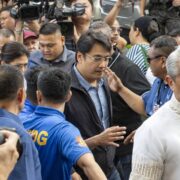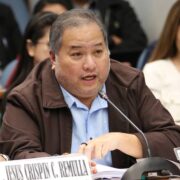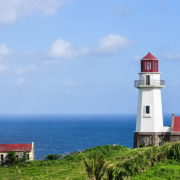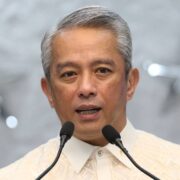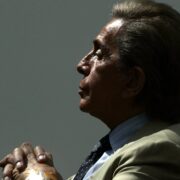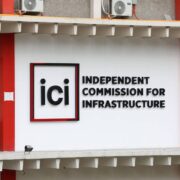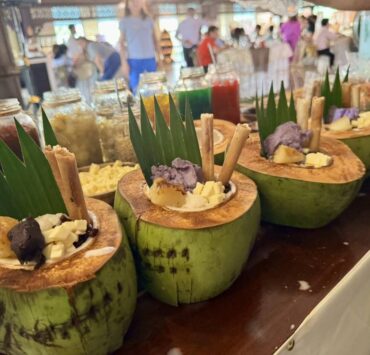Are Filipinos ready for the pink tide?
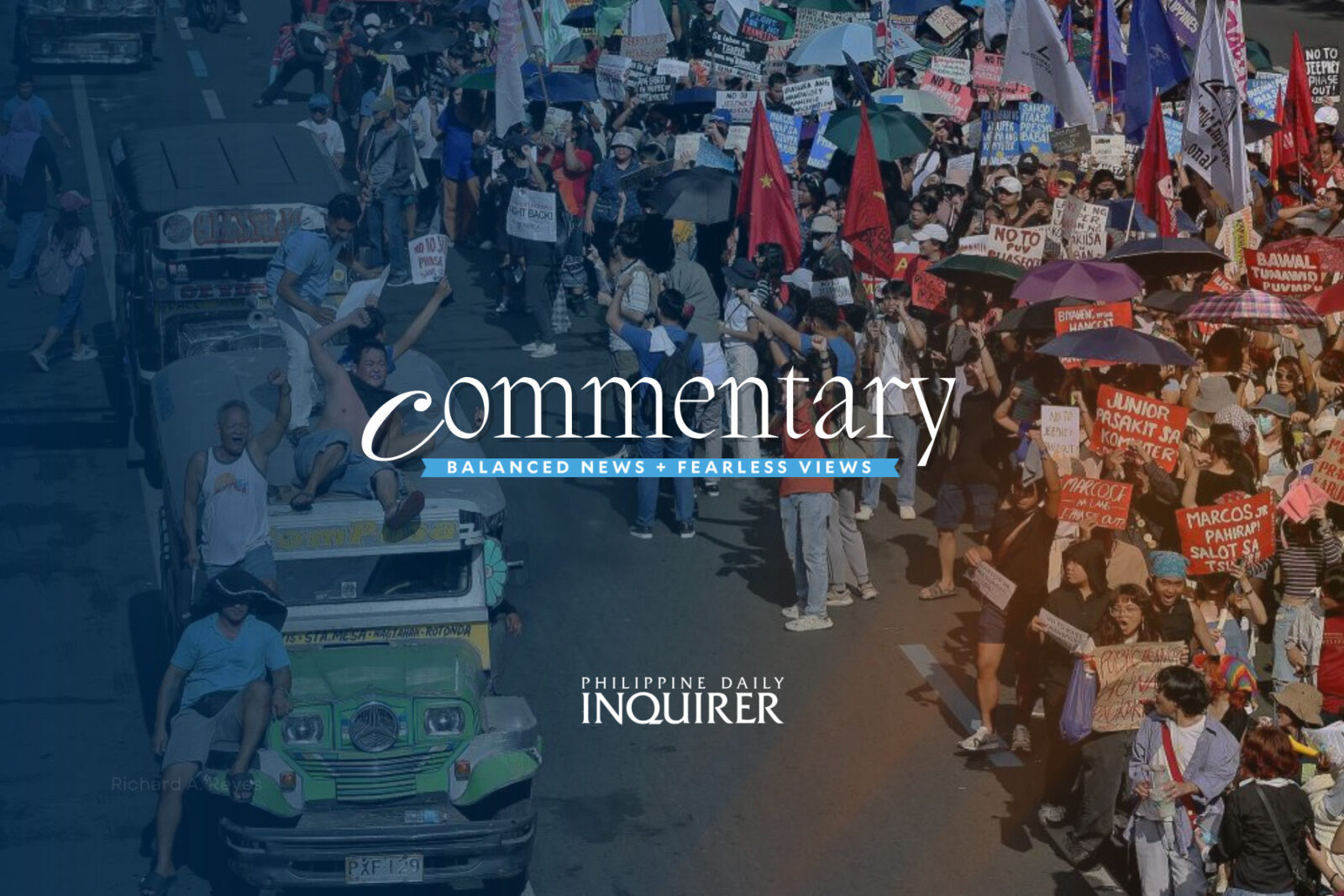
The Makabayan Bloc’s recent announcement of its slate for next year’s senatorial elections has sparked hope among progressive Filipinos. Their candidates offer a stark alternative to the government’s lineup. But the question remains: Are we ready to elect leaders from the working class?
Historically, the legislative branch has been dominated by those with strong political backgrounds or celebrities leveraging their fame. In contrast, candidates from the working class bring their firsthand experience of the struggles faced by ordinary Filipinos. There’s France Castro of the Alliance of Concerned Teachers party list who has tirelessly advocated for the rights and fair compensation of public school teachers; Ronnel Arambulo of Pambansang Lakas ng Kilusang Mamamalakaya ng Pilipinas who defends the fishing rights of Filipinos in our territorial waters, and Mody Floranda, national president of Piston, who champions affordable transport services. These candidates, among others, embody the everyday experiences of most Filipinos and are deeply connected to their causes.
Despite its dedication, the Makabayan Bloc faces significant challenges, particularly the stigma of being associated with the Communist Party of the Philippines—a narrative perpetuated by the Duterte administration. This label, reinforced by relentless Red-tagging by the National Task Force to End Local Communist Armed Conflict, subjects the bloc to continuous attacks from critics and online trolls. The prevailing sentiment—“basta aktibista, terrorista”—illustrates how successfully the government has influenced public perception, turning the Left from agents of change into perceived nuisances. They are often dismissed as “reklamador at maingay,” reinforcing the idea that Filipinos should simply obey the authorities.
For all these obstacles, the Makabayan Bloc has proven itself a formidable force in Philippine politics, consistently exposing government corruption and advocating for the marginalized. Its stance at the House of Representatives during the budget hearing of Vice President Sara Duterte shows its commitment to hold the government accountable. It remains a crucial watchdog against irregularities, ensuring that the voices of the people are heard.
But to truly effect change, the bloc must confront the deeply entrenched “palakasan system” in Philippine politics. National elections often reflect a story of power dynamics from below—politicians seeking financial support from wealthy families during elections in exchange for future favors in what is seen as “utang na loob.” This is apparent in the current senatorial slate of the Partido Federal ng Pilipinas, Lakas-CMD, Nationalist People’s Coalition, and Nacionalista Party, whose established parties present a formidable challenge for Makabayan, having dominated local politics for the longest time. With electoral politics in the Philippines being driven more by personality and money than by ideology, their easy name recall as perennial politicians leave little room for new faces who prioritize policy over persona.
A significant factor that has compounded these challenges is the decentralization of political power, which was initially intended to empower regions economically and politically. Instead, decentralization has inadvertently exacerbated local-level corruption and entrenched the dominance of traditional political families. Instead of democratizing power and enabling grassroots leadership, it has often shifted corruption, collusion, and nepotism from the central government to regional authorities. With greater autonomy, local politicians can continue to engage in vote-buying and patronage politics, making it even more difficult for ideological candidates like those from the Makabayan Bloc to gain a foothold.
This absence of working-class representation in our political institutions has severe consequences for public policy, as the interests of ordinary Filipinos are often sidelined in favor of the entrenched elites. The decentralized political structure, instead of being a tool for empowerment, has become another arena where the power of the few is perpetuated.
So, the question is: Who will bring justice and leave a lasting legacy for the next generation? Will it be leaders who genuinely fight for the people, or a government that continues to exploit its citizens and normalize corruption in the widespread belief that “politics is dirty”?
When one of my students expressed disdain for activism, arguing that “the Left is not compatible with our values or our form of government,” I responded simply: “You will understand the importance of the Left when you or your family are directly affected.”




